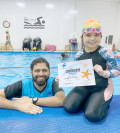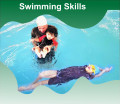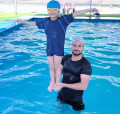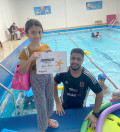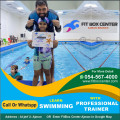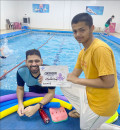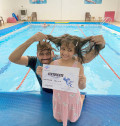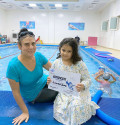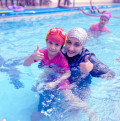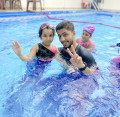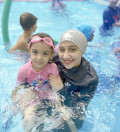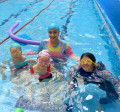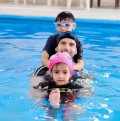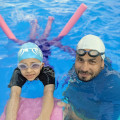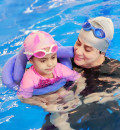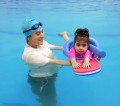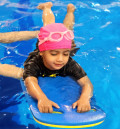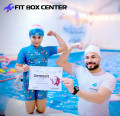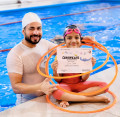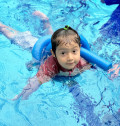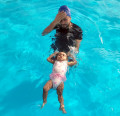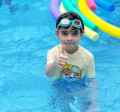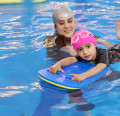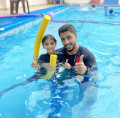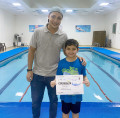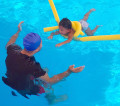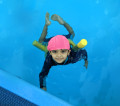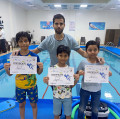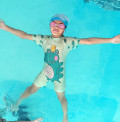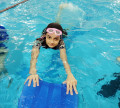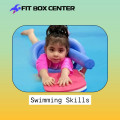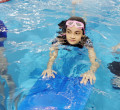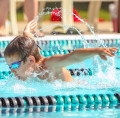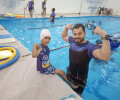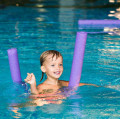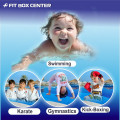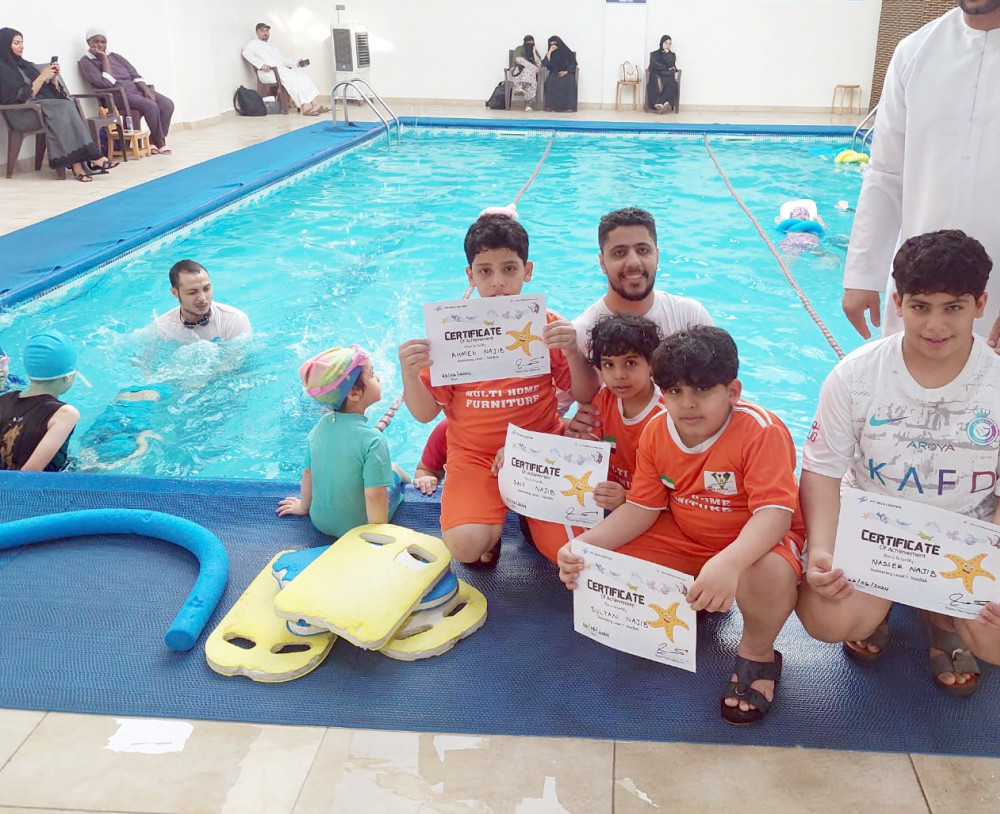
Swimming stands out as an invaluable life skill for kids
2024-09-28 - swimmingIntroduction
Physical activities are crucial for a child's development. Whether it's running, playing team sports, or even cycling, movement fuels not only their physical growth but also their mental well-being. But among all the activities available, swimming stands out as an invaluable life skill. It's not just about staying afloat; it’s about nurturing confidence, safety, and even motivation. So, why is swimming so essential for kids' motivation?
Why Swimming is Essential for Kids
Swimming is a unique activity that offers several benefits—both physical and mental—that other sports may not provide as extensively. Let's explore why swimming is essential for children's overall development and motivation.
The Physical Benefits of Swimming
Swimming is a full-body exercise that engages all muscle groups, from the legs to the arms, without putting undue stress on the joints. For growing kids, this means that their bodies develop strength, coordination, and flexibility in a safe and controlled environment.
How Swimming Builds Life Skills
Besides the physical benefits, swimming also builds essential life skills. From learning how to stay safe around water to understanding the importance of discipline, kids acquire valuable lessons that they will carry through life. Motivation naturally develops as they set and achieve new milestones in their swimming journey.
The Role of Swimming in Child Development
Enhancing Motor Skills
Swimming encourages the development of fine and gross motor skills. The act of propelling oneself through water demands coordination and balance, skills that are important for a child's overall physical development.
Cognitive Growth and Problem-Solving Abilities
Swimming also aids in cognitive development. Figuring out how to move efficiently through water improves a child's problem-solving skills. The continuous mental engagement swimming requires boosts focus and concentration, which are essential traits in academic and everyday life.
How Swimming Improves Physical Fitness
Full-Body Exercise
Swimming is a full-body workout that tones muscles, improves cardiovascular health, and strengthens the core. Unlike running or cycling, which may target only specific muscle groups, swimming ensures a balanced workout.
Cardiovascular Health
The rhythmic nature of swimming improves cardiovascular endurance, helping children build a strong heart and lungs. This is especially important as kids grow and become more active in different areas of life.
Boosting Stamina and Endurance
Swimming regularly increases stamina, allowing children to handle physical challenges better, whether in school sports or other extracurricular activities.
Swimming as a Safety Skill
Water Safety and Drowning Prevention
One of the most important reasons every child should learn to swim is water safety. Drowning is a leading cause of accidental death in children, making swimming a crucial skill for safety.
Lifesaving Techniques
Besides swimming itself, children can learn basic lifesaving techniques that may one day save their lives or the lives of others.
Introducing Swimming at a Young Age
The Ideal Age to Start Swimming
Most experts recommend starting swimming lessons as early as six months old. The younger a child is exposed to water, the more comfortable and confident they become.
Benefits of Early Exposure to Water
Early exposure to swimming helps children develop their motor skills faster. It also helps reduce fear of water, making it easier for them to master swimming skills as they grow.
Swimming as a Path to Mental Health and Well-being
Reducing Stress and Anxiety
The soothing nature of water makes swimming a therapeutic activity that helps reduce stress and anxiety. For kids who may struggle with mental health, swimming offers an outlet to relax and reset.
The Therapeutic Effects of Water
Being immersed in water has a calming effect on the mind, which can be beneficial for kids experiencing anxiety or hyperactivity.
Competitive Swimming and Motivation
How Competitions Foster Motivation
Competitions provide a great way to keep kids motivated. Friendly races and timed challenges encourage children to push their limits and improve.
Lessons in Sportsmanship and Discipline
Competitive swimming also teaches valuable lessons in sportsmanship, perseverance, and discipline, all of which foster intrinsic motivation.
How Parents Can Encourage Their Kids to Swim
Creating a Positive Environment
Parents can encourage a love for swimming by creating a positive and supportive environment. Celebrating small achievements and being patient with setbacks helps nurture a child’s motivation to continue.
Enrolling in Swim Programs and Classes
Signing kids up for structured swim classes ensures they receive proper guidance and stay engaged with the sport.
The Importance of Regular Swimming Sessions
Developing a Routine
Consistency is key when it comes to swimming. Regular sessions help kids develop their skills and build a lasting routine that keeps them motivated.
Tracking Progress Over Time
By tracking progress, children can see how far they've come, which in turn fuels their desire to keep improving.
Overcoming Fears and Resistance to Swimming
Addressing Common Fears
Some children are naturally hesitant about swimming, often due to fear of water. Parents and instructors can work together to ease these fears by creating a comfortable and non-pressuring environment.
Encouraging Perseverance and Resilience
Children can learn the value of perseverance through swimming, as they work to overcome their initial fears or challenges in the water.
Conclusion
Swimming is more than just a fun activity; it's an essential skill that benefits children physically, mentally, and socially. It builds confidence, fosters motivation, and provides a sense of accomplishment that can carry over into other areas of life. Whether for fun, fitness, or safety, every child should have the opportunity to learn how to swim.
.










































































